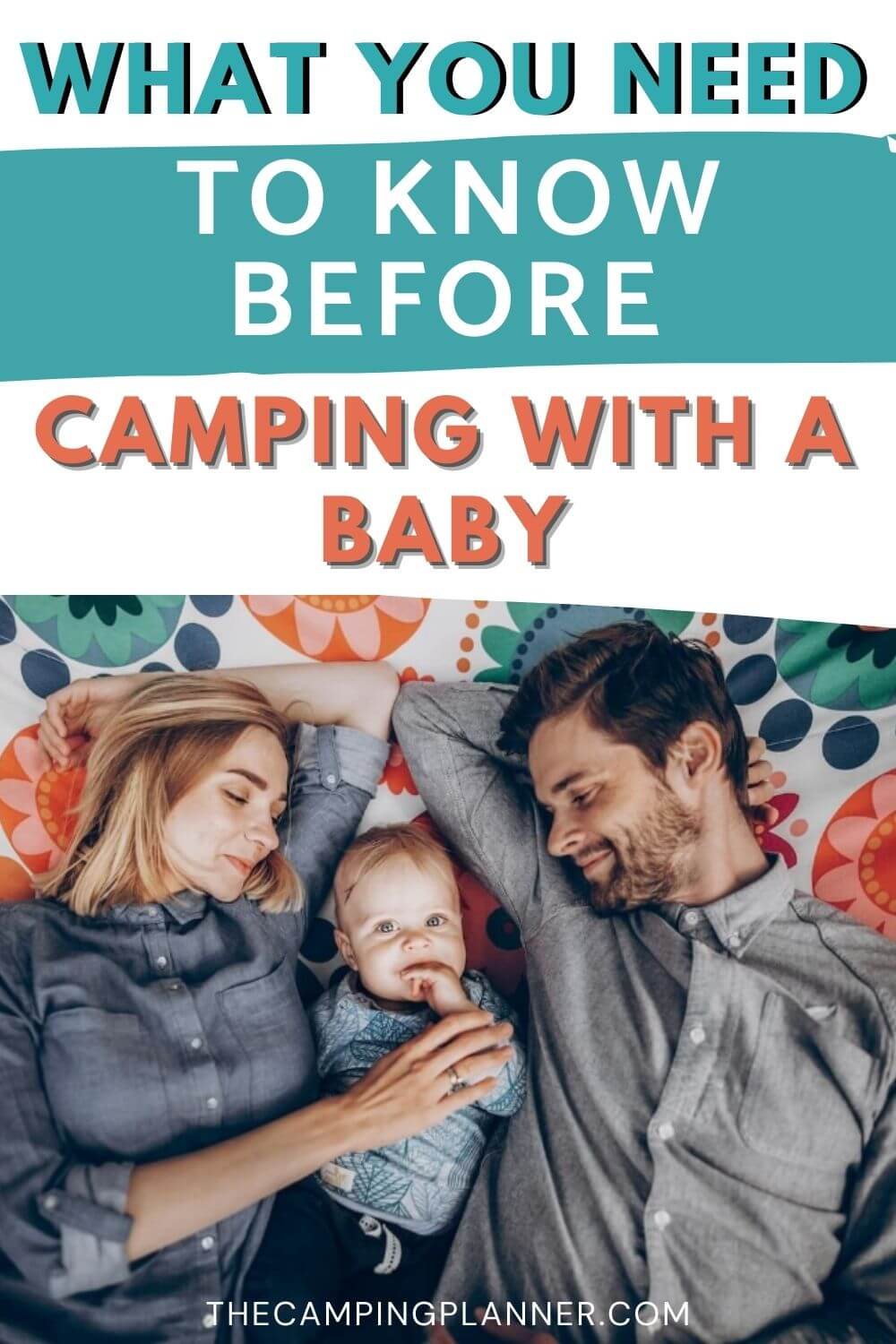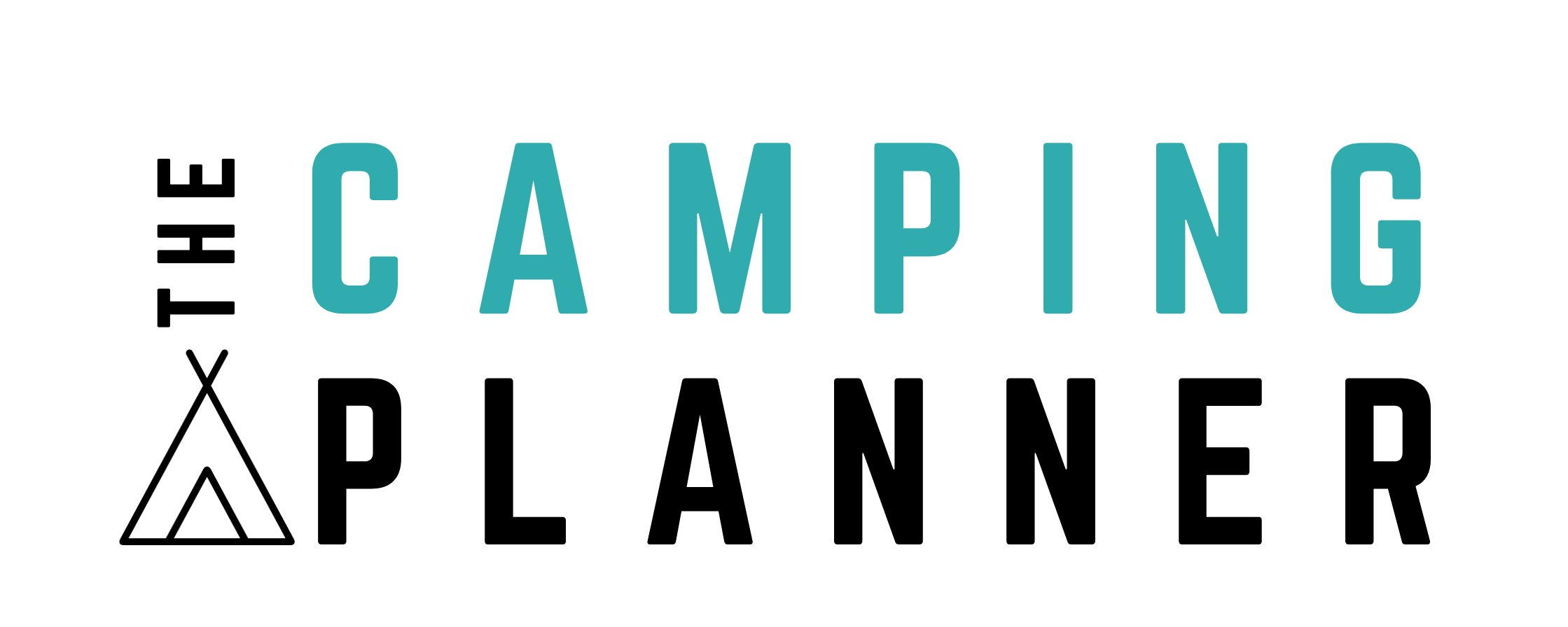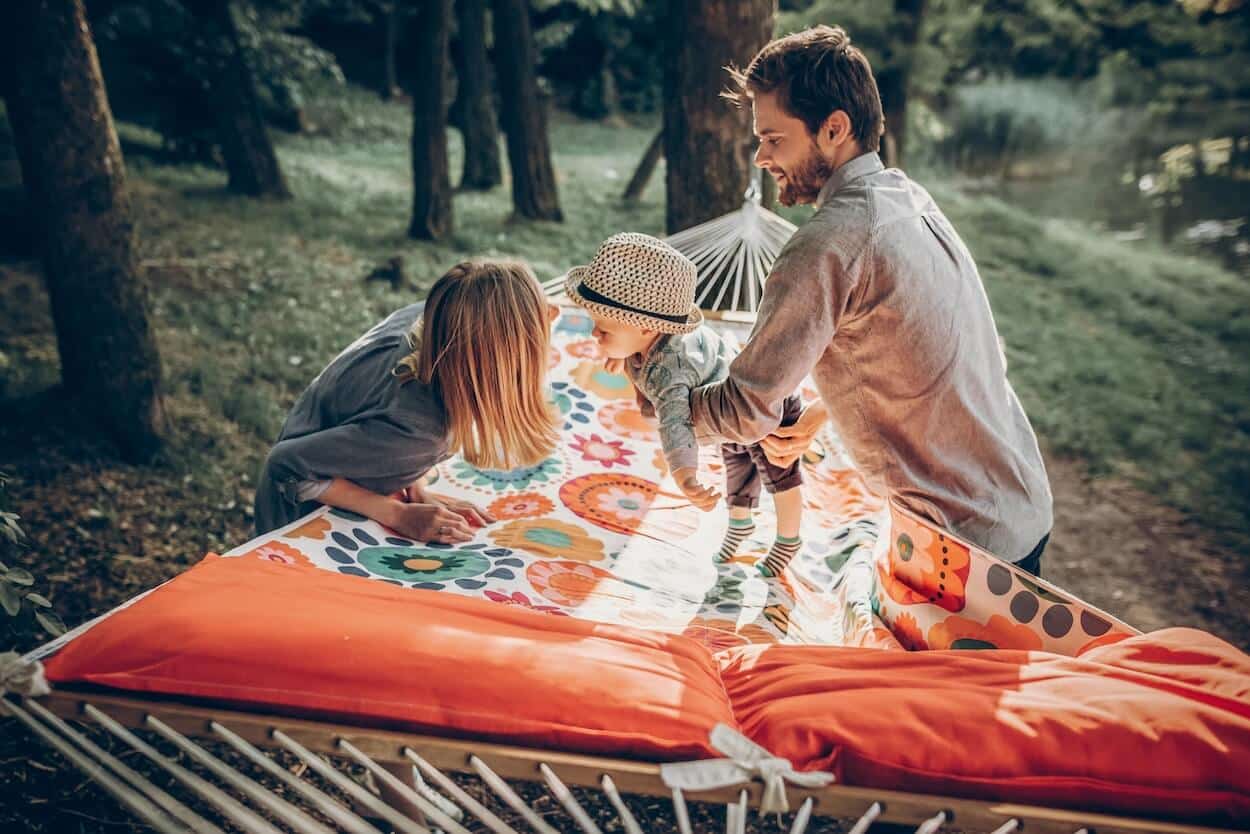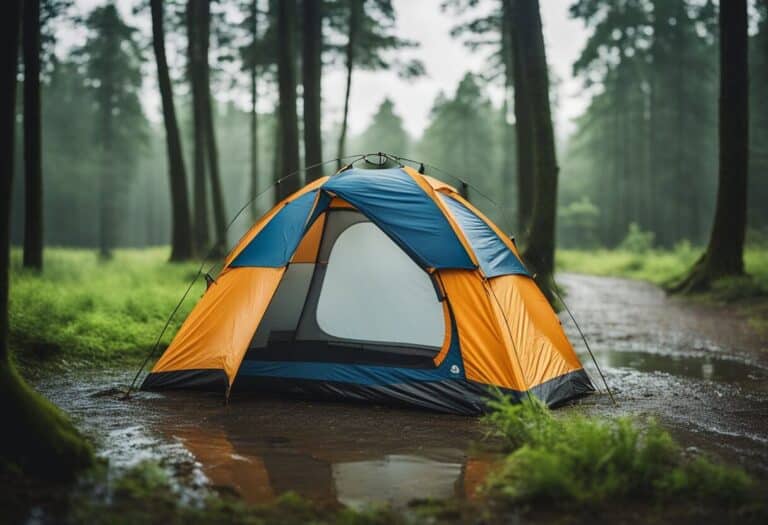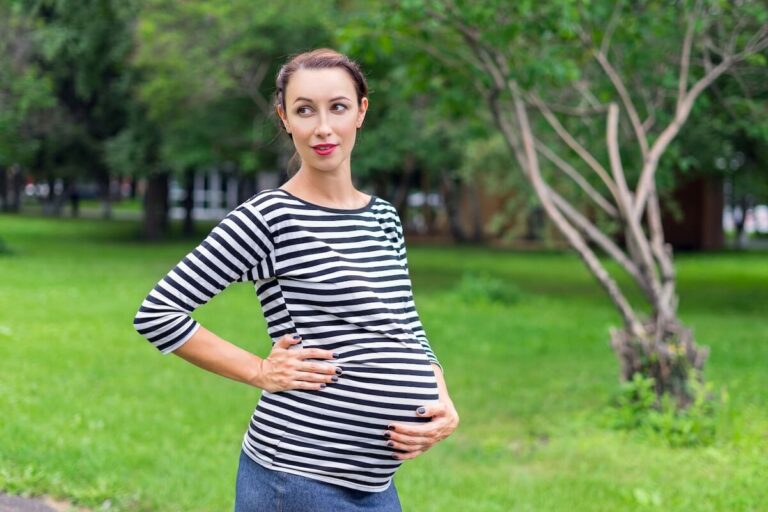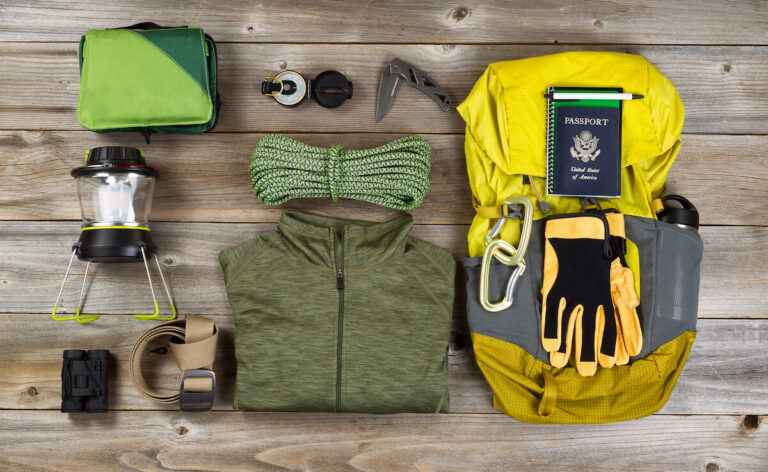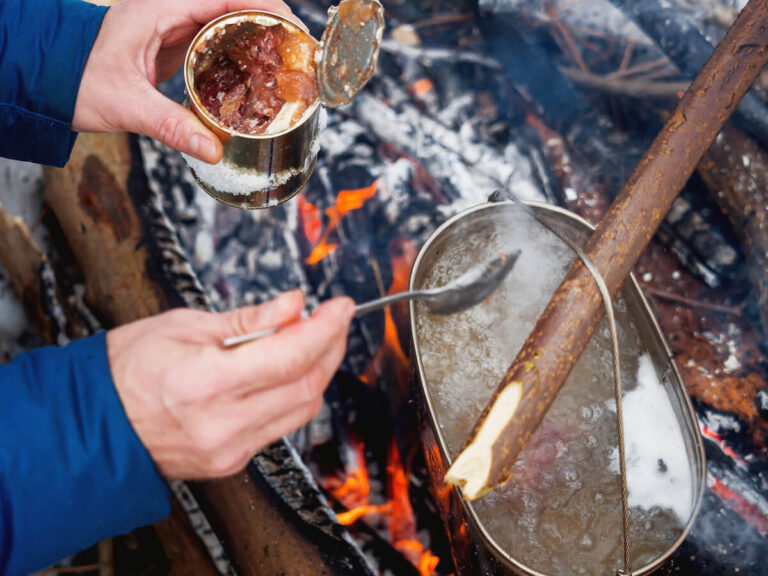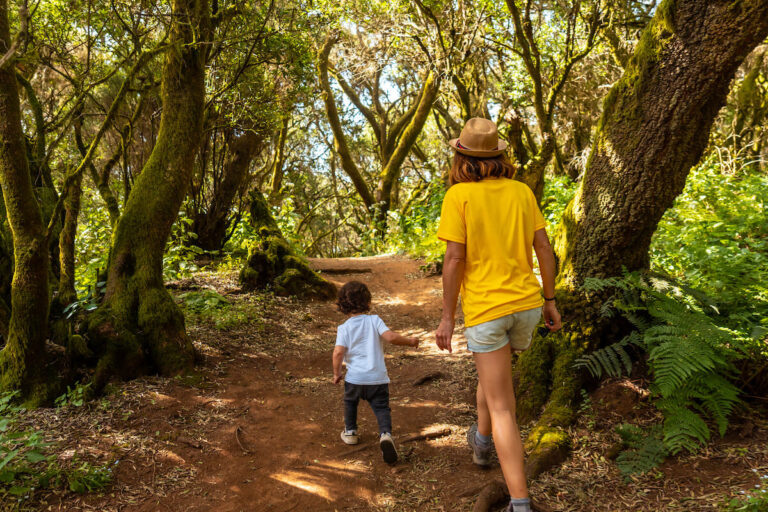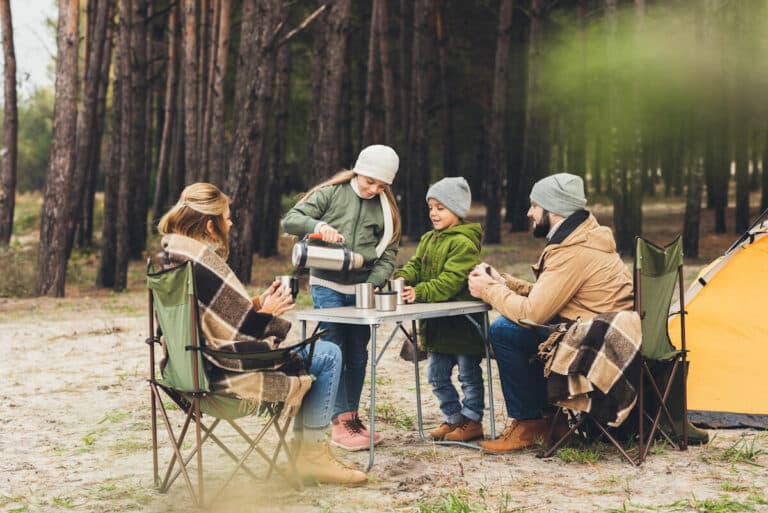What You Need To Know Before Camping With A Baby
Having a baby is no reason to stop your outdoor adventures. While you may choose to wait until your baby is at least a few months old before heading off on your next camping trip, going camping with a baby can be a fun family experience. While it does require a little extra planning and a little (or a lot) of extra gear, this guide will help you plan camping with an infant, including all those baby camping essentials you will want to bring.
Camping with a baby requires extra planning and precautions to ensure your baby’s safety and comfort. This comprehensive guide will provide you with essential tips for camping with a baby, covering everything from safety measures to comfort and must-have gear.
*This post may contain affiliate links, which means if you click a link and make a purchase, I earn a commission at no additional cost to you. Read my full privacy policy for more info.
Essential Camping With A Baby Tips
Camping is a cherished outdoor activity that many families enjoy, and having a baby shouldn’t mean putting your adventures on hold. With extra planning and safety precautions to ensure your baby’s safety and comfort, you can have an enjoyable camping experience with your baby.
Planning and Preparation
1. Choose the Right Campsite
Selecting the right campsite is a must when camping with a baby. Just like camping when pregnant, you want to look for sites that offer amenities like clean restrooms, running water, and easy access to medical facilities.
Consider factors such as terrain, weather conditions, and the presence of wildlife to choose the campsite that is safe and suitable for the whole family.
2. Check the Weather Forecast
Keep an eye on the weather forecast leading up to your trip. Extreme temperatures or adverse weather conditions can be challenging for babies such as trying to keep them cool in extreme heat or warm in extreme cold.
None of us really enjoy those extreme conditions while camping, so it’s even harder when you aren’t yet capable of regulating your own body temperature. You also want to do your best to avoid a trip filled with wild storms and questionable tent durability. Aim for mild weather to ensure your baby’s comfort and well-being.
3. Create a Packing List
A detailed packing list is essential to ensure you bring all the necessary items for your baby. Here are some key items to include:
- Clothing: Pack enough clothing for different weather conditions. Include layers, hats, and socks to keep your baby warm and comfortable.
- Diapers and Wipes: Bring plenty of diapers, wipes, and diaper rash cream. It’s better to have more than you think you’ll need. Have somewhere you can change your baby too such as a portable changing pad.
- Baby Carrier or Stroller: A baby carrier is ideal for hikes and exploring the campsite, while a stroller is useful for gentle movement (rolling back and forth) and resting.
- Sleeping Gear: Make sure your baby has a safe and comfortable place to sleep, such as a portable crib, or travel bassinet.
- Feeding Supplies: If breastfeeding, bring a nursing cover for privacy if needed. For bottle-fed babies, pack formula, bottles, a bottle brush, and sterilizing supplies. A camping high chair is also useful, or you can prop your baby up in their stroller.
- First Aid Kit: Include baby-specific items such as infant pain reliever, thermometer, and any prescription medications.
- Toys and Entertainment: Bring a few favourite toys and books to keep your baby entertained. A tummy time rug is also a good option, giving your baby a safe and comfortable place to play.
Ensuring The Safety Of Your Baby
4. Safe Sleep Practices
Creating a safe sleeping environment for your baby is paramount. You may even consider changing your usual tent camping to a pop-up camper or caravan trip for extra comforts. Here are some tips for safe sleep while camping:
- Portable Crib: Invest in a portable crib or travel bassinet that meets safety standards. Ensure it has a firm mattress and no loose bedding.
- Temperature Control: Dress your baby in appropriate sleepwear to prevent overheating or getting too cold. Use layers and adjust as needed.
5. Stay Vigilant with Hygiene
Maintaining good hygiene is essential to keep your baby healthy (and the rest of the family too). Follow these tips for a healthy camping trip:
- Hand Hygiene: Wash your hands frequently, especially after diaper changes and before feeding. Use hand sanitiser if soap and water are not available.
- Diaper Changing: Designate a clean area for diaper changes. Dispose of diapers properly in sealed bags to avoid attracting wildlife.
- Sanitize Bottles: If using bottles for feeding, ensure they are thoroughly cleaned and sterilized. Boil water to sterilize them if necessary.
- Properly Store Food: If your baby is at the stage of eating solids, keep your baby’s food stored safely. If storing in a cooler with other foods, make sure it doesn’t come into contact with raw meat. Baby food pouches from the supermarket can be a good option for travel and camping.
6. Protect Against Insects and Sun
Babies have delicate skin and are more susceptible to insect bites and sunburn. If your baby does get sunburnt, make sure you know ways to soothe their skin. Take the following precautions to keep them from skin damage or bites:
- Insect Repellent: Use baby-safe insect repellent to protect against mosquitoes and other bugs. Avoid applying directly to the skin; instead, apply to clothing and your camping gear to deter them from your campsite.
- Sun Protection: Keep your baby out of direct sunlight. Use a wide-brimmed hat, long sleeves, and baby-safe sunscreen on exposed skin. Seek shade whenever possible and consider setting up a shaded gazebo area next to your tent for extra sun protection.
7. Be Prepared for Emergencies
Having a plan for emergencies is a must on every camping trip, especially when camping with a baby:
- First Aid Kit: Ensure your first aid kit is well-stocked with baby-specific items. Know how to use them and keep them easily accessible.
- Emergency Contacts: Share your camping plans and location with someone who is not on the trip. Have a list of emergency contacts, including pediatricians and local medical facilities.
- Quick Exit Plan: Familiarise yourself with the quickest route to the nearest hospital or urgent care centre. Have a plan in place for how to get there quickly in case of an emergency.
Enhancing Comfort
8. Create a Cozy Sleeping Area
Even babies are aware when their bedtime environment has changed. You can take a few measures to encourage a good night sleep for your baby, and the rest of you too:
- Blankets and Swaddles: Bring familiar blankets and swaddles to create a cozy and familiar sleeping environment for your baby.
- Movement: Having a baby rocker or stroller to soothe your baby with gentle movement can be helpful for naps during the day. And it saves your arms by having to rock them yourself constantly.
- Sound Machine: Consider bringing a portable white noise machine to help your baby sleep soundly amidst unfamiliar sounds. If it is usually very quiet at home, this can be very helpful.
9. Maintain a Routine
Babies thrive on routine, so try to maintain as much of their daily schedule as possible:
- Feeding Schedule: Stick to your baby’s usual feeding times. Bring enough formula or breast milk and snacks to last the entire trip.
- Nap Times: Make sure your baby gets adequate nap time during the day. This means your might not be spending huge days adventuring like you typically do while camping. Set up a quiet and shaded area for naps.
- Bedtime Routine: Follow your baby’s regular bedtime routine to signal that it’s time to sleep. This might include a storytime or a lullaby.
10. Keep Your Baby Comfortable During Activities
Whether hiking, exploring, or relaxing at the campsite, your baby’s comfort is key. You don’t want them to get too hot, too cold or get rained on. This will all make for an unhappy baby and unhappy parents. Make sure you also bring items to help with comfort during activities:
- Baby Carrier: A baby carrier allows you to keep your baby close while keeping your hands free. Look for carriers with good back support and adjustable settings.
- Stroller: A sturdy stroller with good suspension is ideal for smoother trails and campsite strolls.
- Shade and Shelter: Bring a pop-up tent or sunshade to provide a cool, shaded area for your baby to play and rest.
Essential Gear for Camping with a Baby
11. Travel-Friendly Baby Gear
Invest in travel-friendly baby gear that’s compact and easy to set up:
- Travel Crib: Lightweight and portable travel cribs provide a safe sleeping space for your baby.
- Camping High Chair: A foldable camping high chair makes feeding time easier and more hygienic.
- Portable Changing Pad: A portable changing pad allows you to change diapers anywhere comfortably.
12. Baby Monitor
A battery-operated baby monitor can be useful if you need to step away from your tent while your baby sleeps. Ensure it has a good range and clear sound quality. You should still stay close by. The great outdoors can be unpredictable.
13. Baby-Friendly Camping Toys
Bring along baby-friendly toys to keep your little one entertained. Soft, washable toys and board books are great options.
Camping with a baby may seem daunting, but with the right preparation and gear, you can still have an awesome time enjoying the great outdoors with family and friends. It might not look quite the same as the camping trips you’re used to taking, with adventurous water activities or big day hikes, yet sometimes it’s nice to take it slow, be flexible, and cherish every moment of this unique adventure.
Looking for more tips and ideas for your camping trips? Check out these articles:
